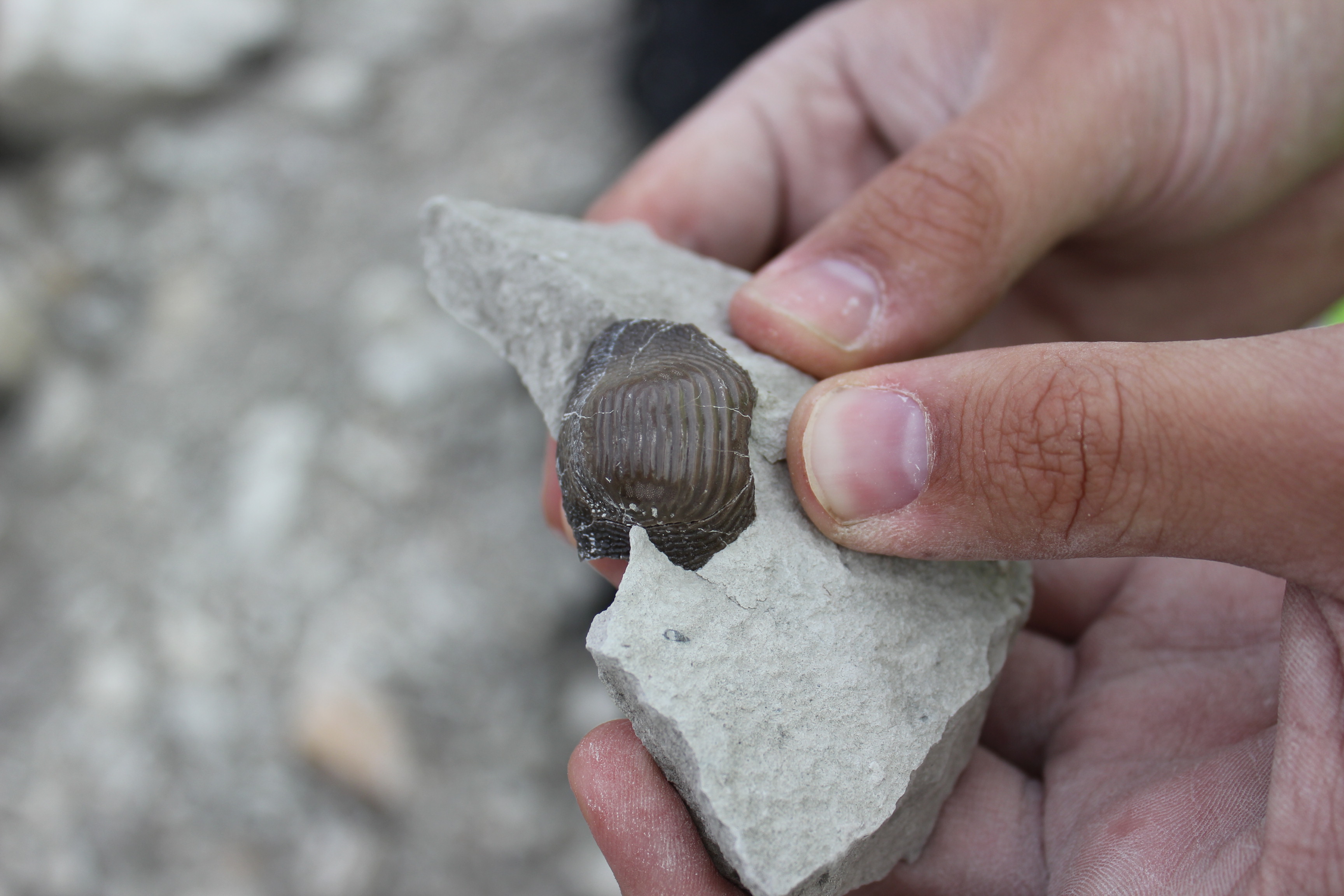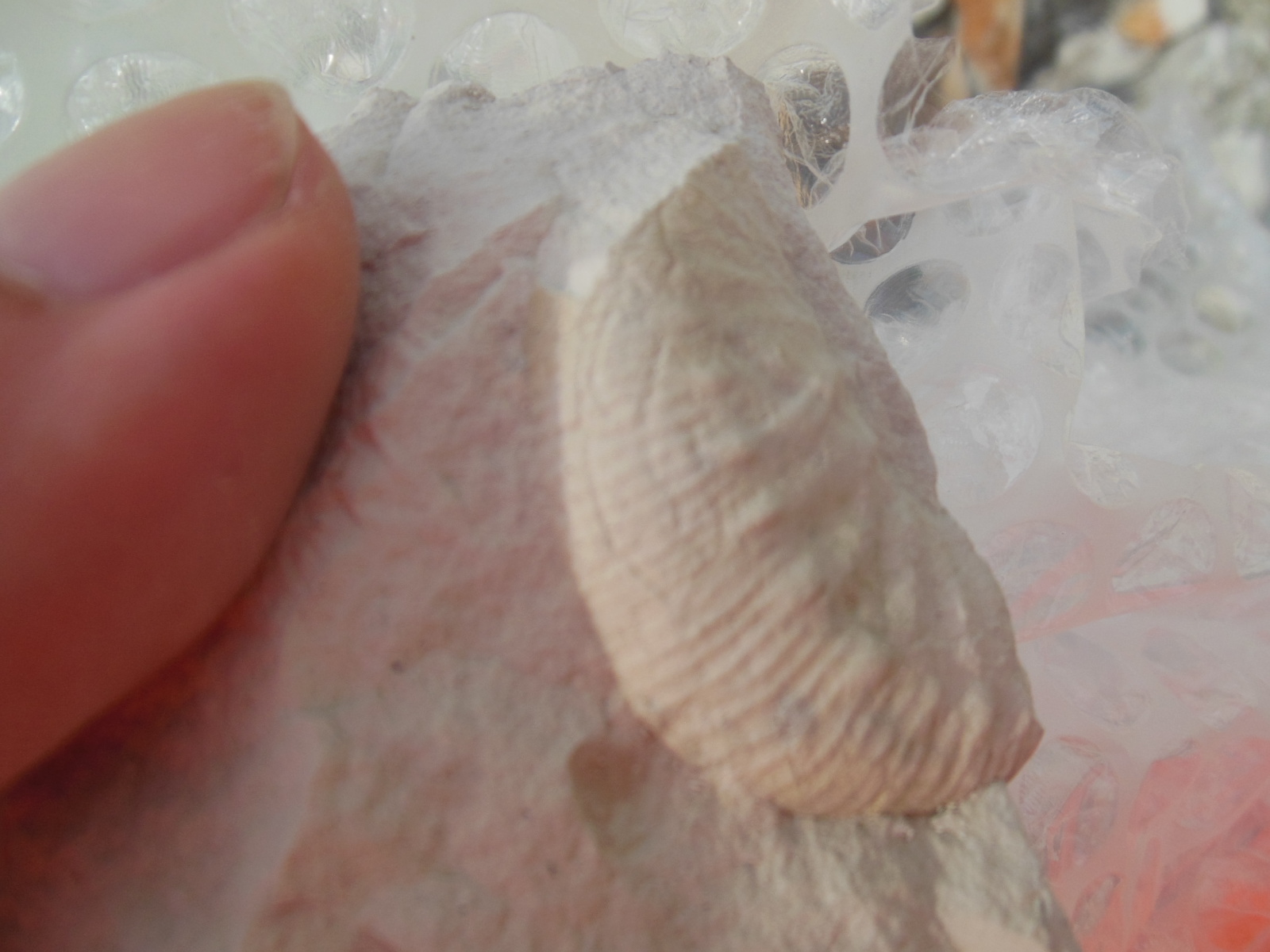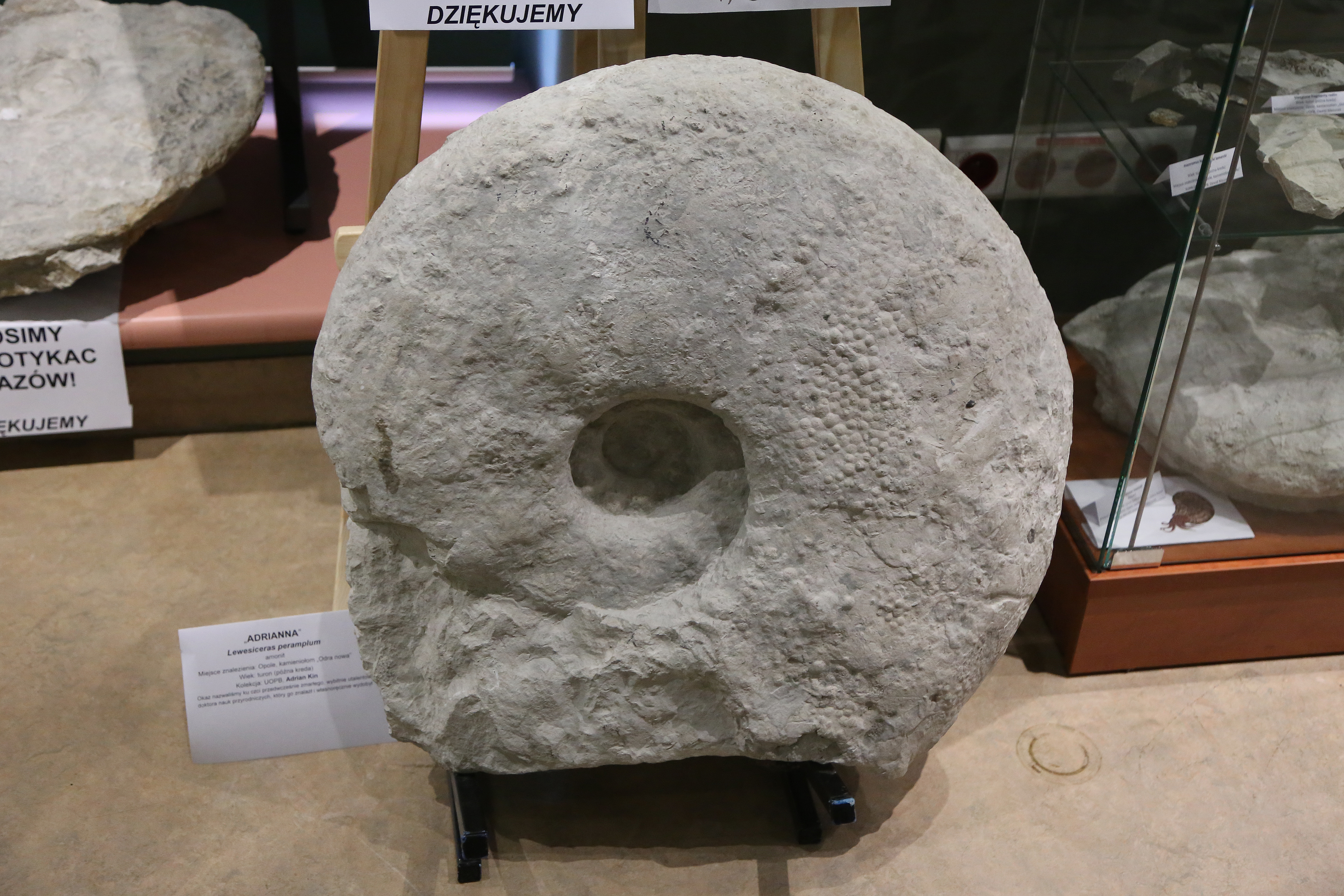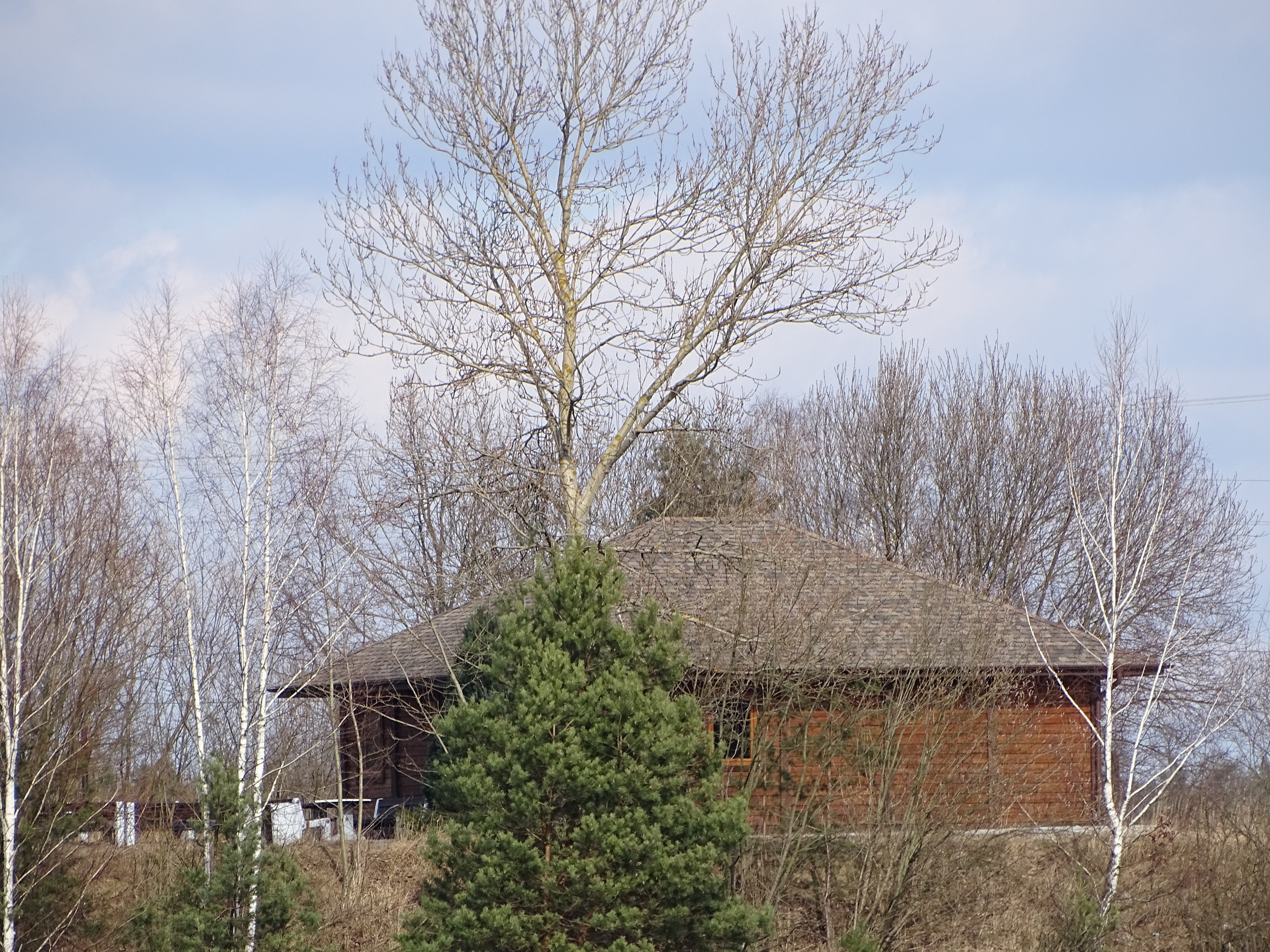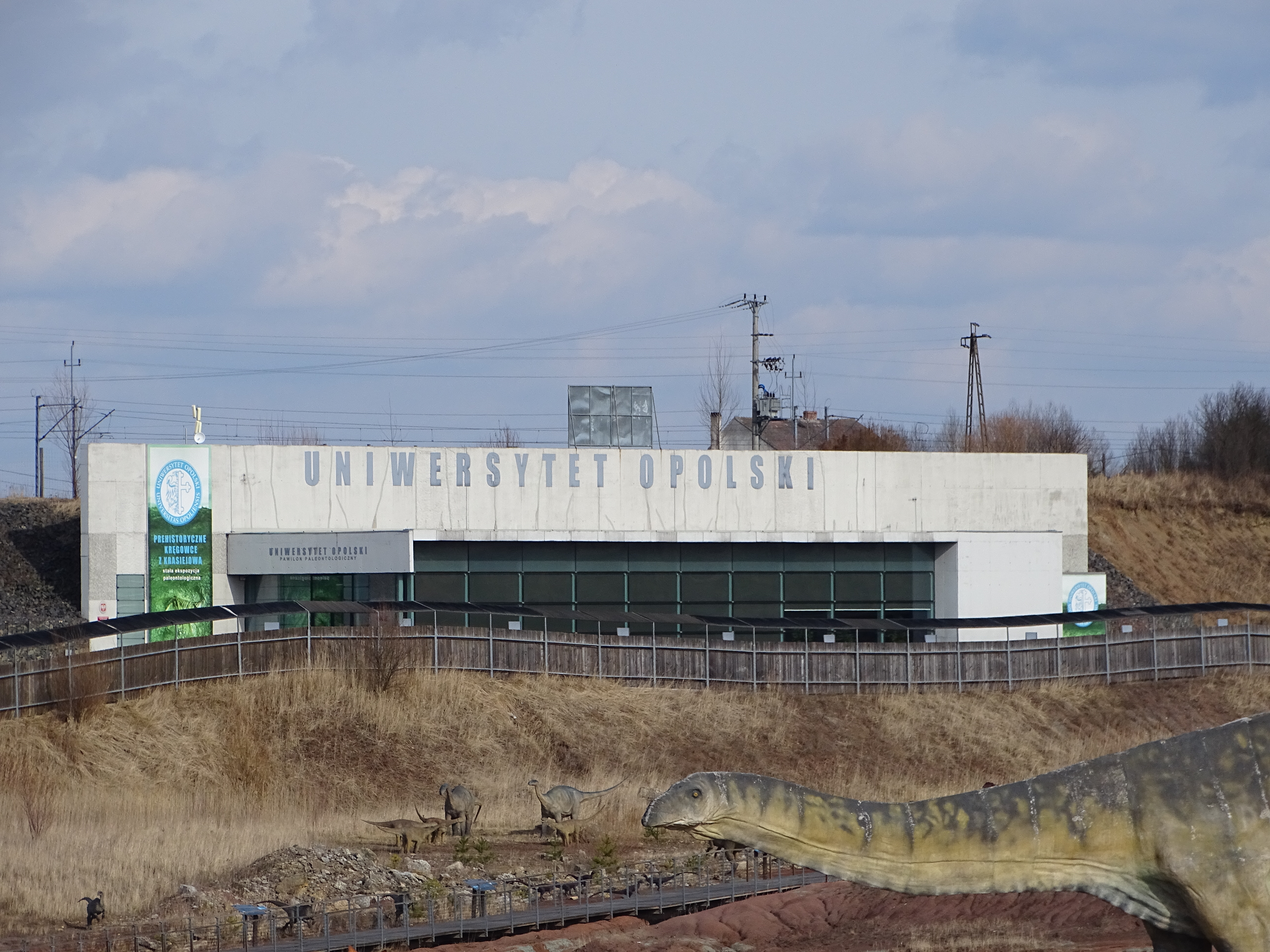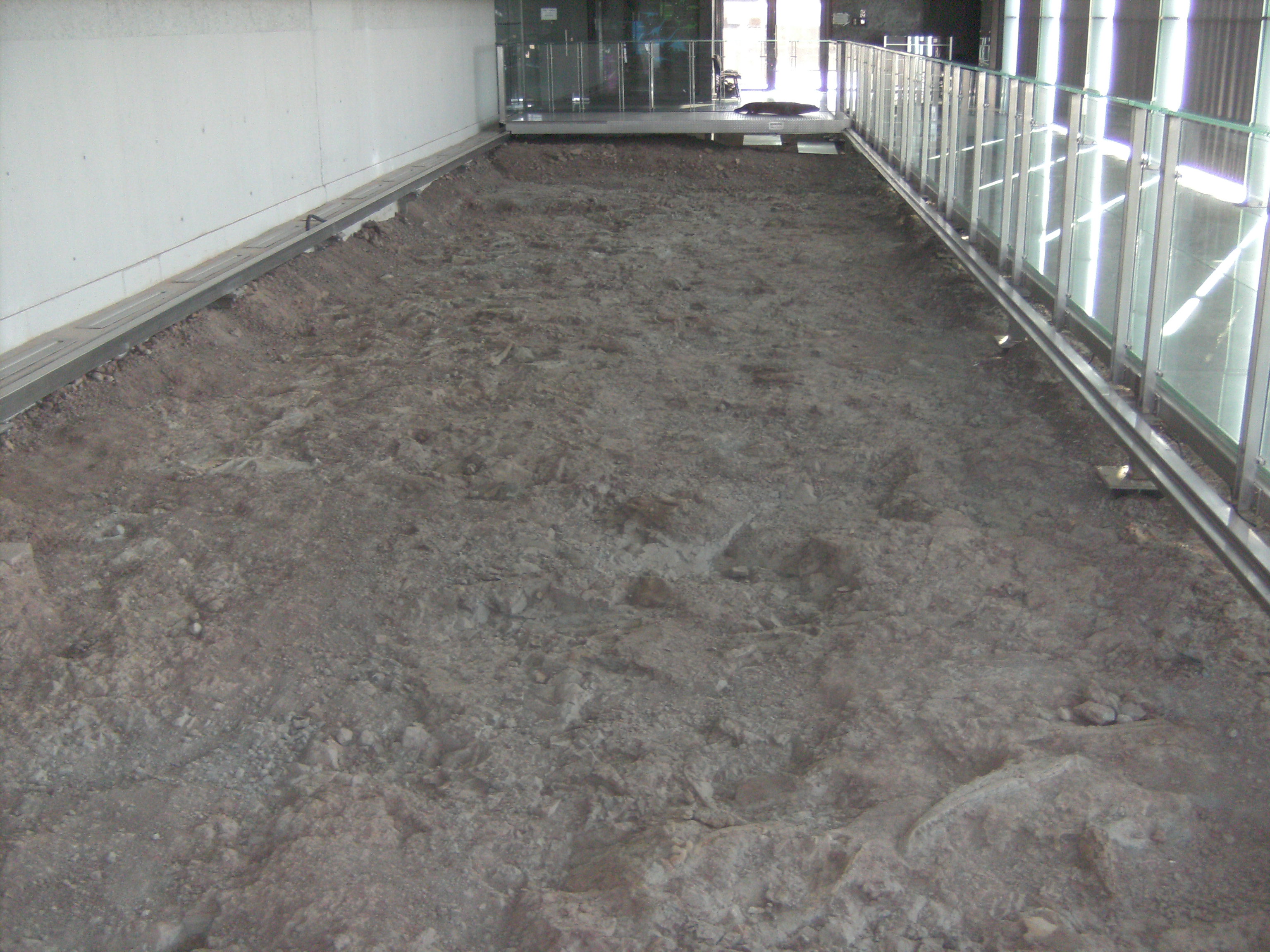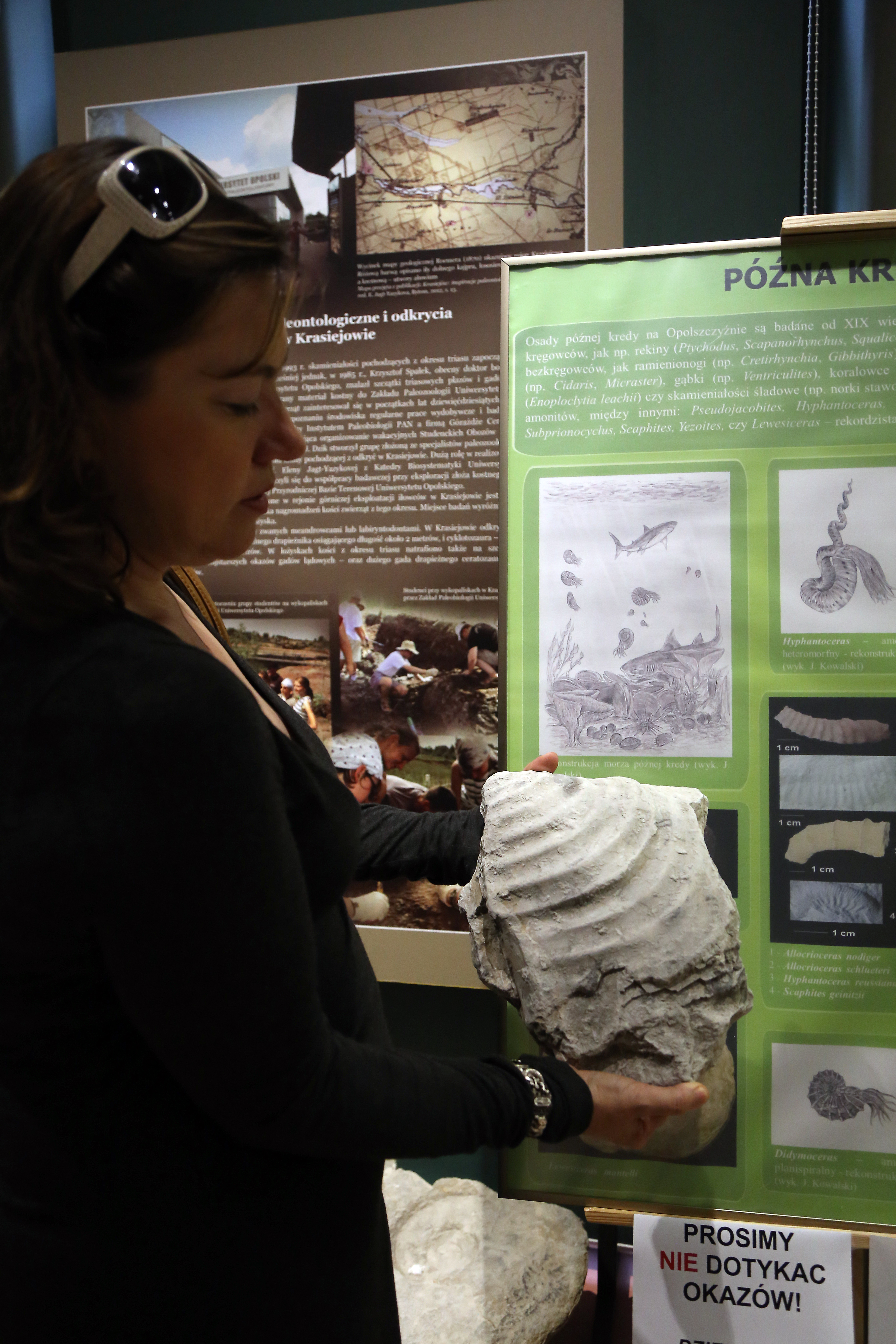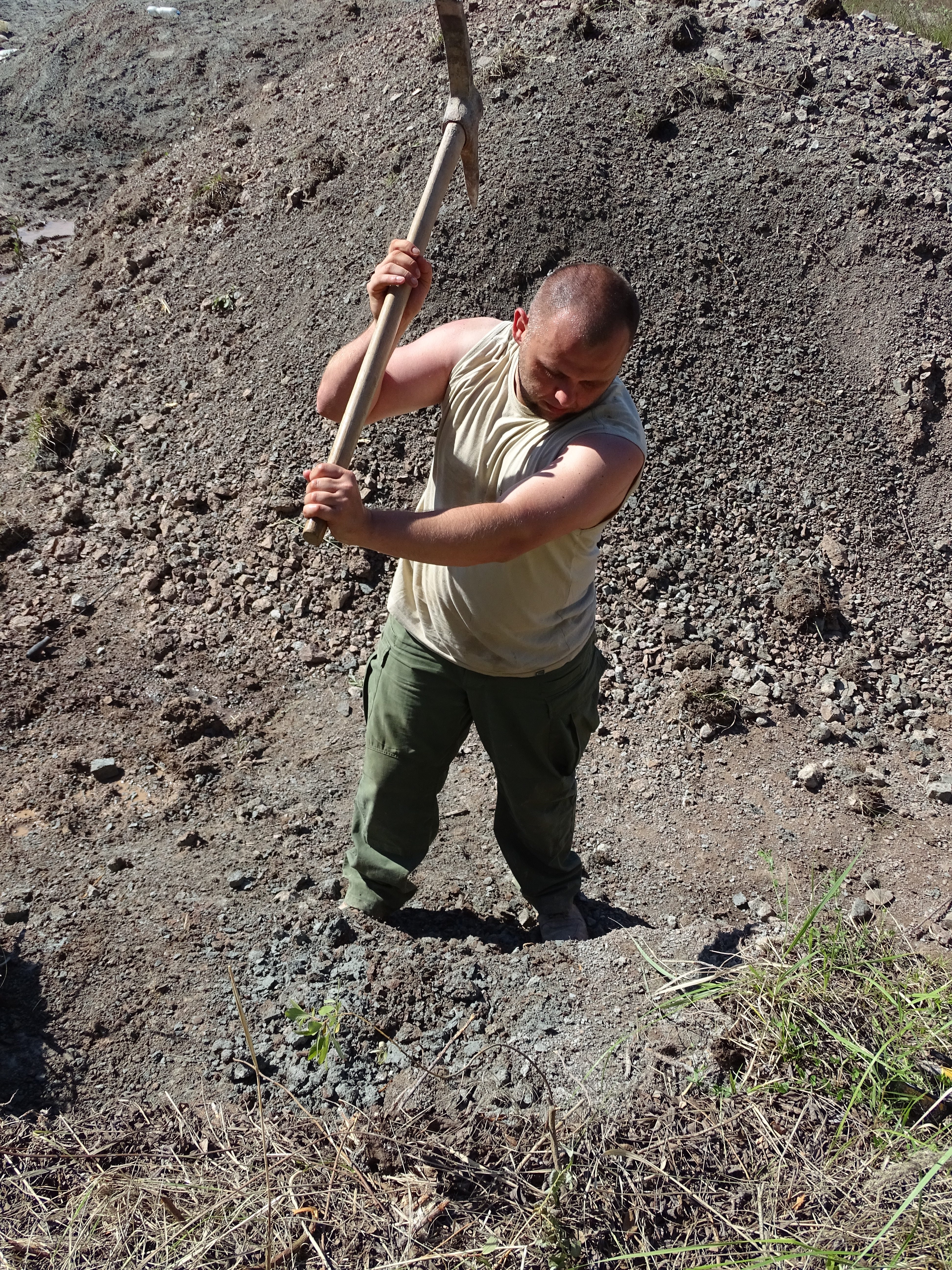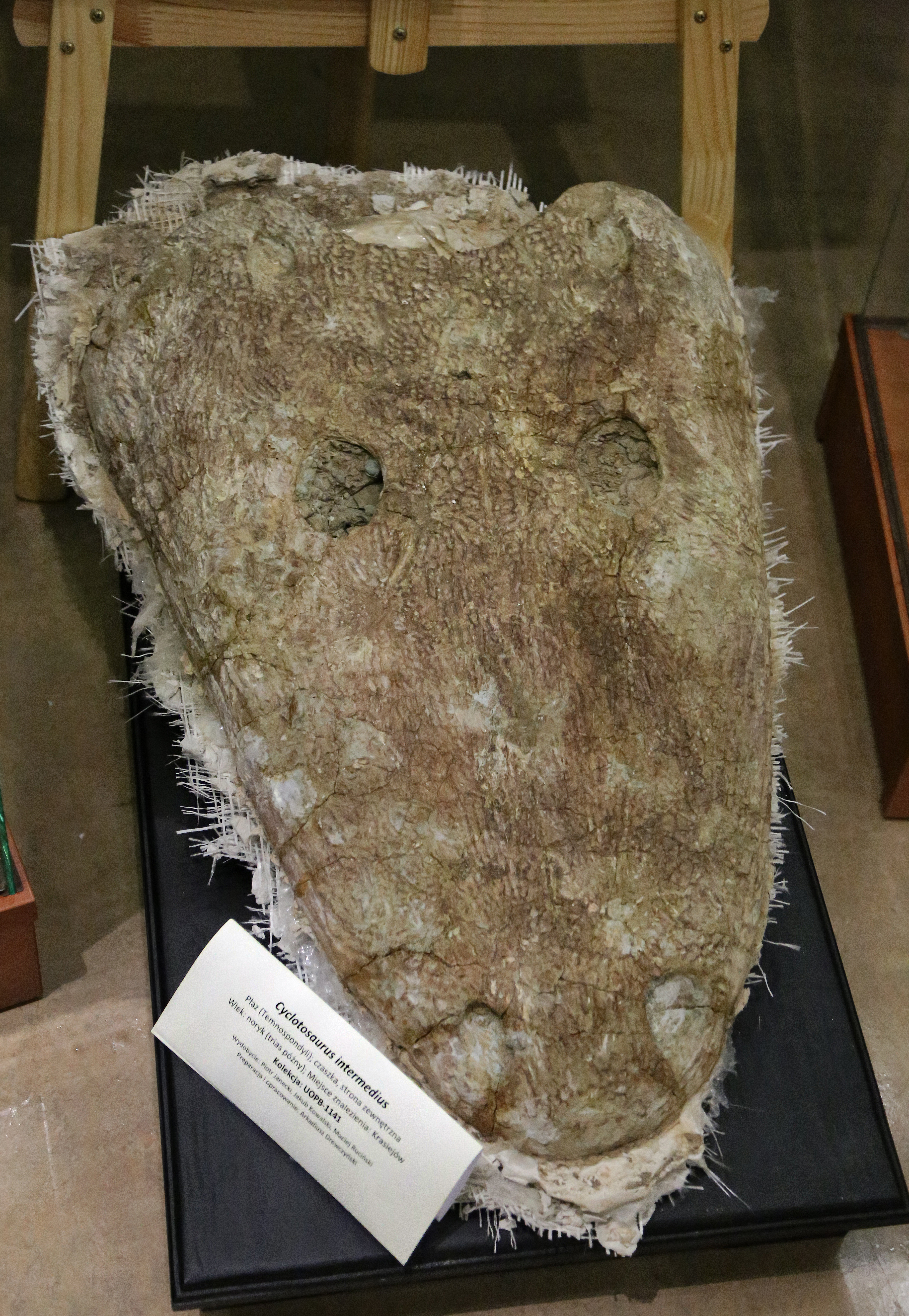Our programme is of great interest, first and foremost because it’s based on the study of Biology (i.e., Master of Biological Sciences), and has the specialisation of Palaeobiology. The Department of Biosystematics has ample experience in providing the study of biology, while the Laboratory of Palaeobiology and Evolution has been providing palaeobiological courses within this programme during last 15 years, ever since the unique palaeontological discovery of the Triassic site of Krasiejów, a village near Poznan, was made. The enormous palaeontological potential of this locality is already widely known, having been the subject of numerous scientific publications as well as of BSc, MSc and PhD theses that have appeared during this time. In addition, new palaeontological sites near Poznan or even inside the city have become part of our research. To name a few: Carboniferous deposits with ichnofossils and plant remains, Lower and Middle Triassic sediments with numerous vertebrate and invertebrate taxa, Middle Jurassic and Upper Cretaceous (Turonian–Coniacian) strata with mainly marine fauna, etc. In short: there is no need for you to travel to other places in Europe or even further beyond to collect the study material for your scientific research J. The European Centre of Palaeontology, which was founded in January 2016, will provide opportunities for various research fields with our partners in Belgium, Germany and Portugal. Whenever you have your own material or ideas, puzzling issues etc, we are open for those too and you are kindly invited to join us. United we shall make sure to find the best way forward. Our programme includes subjects oriented on new very progressive directions of modern tourism, namely geological and palaeontological parks.
